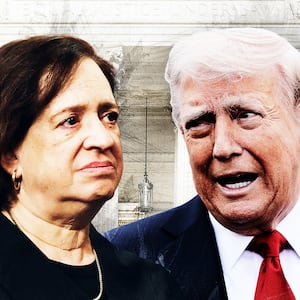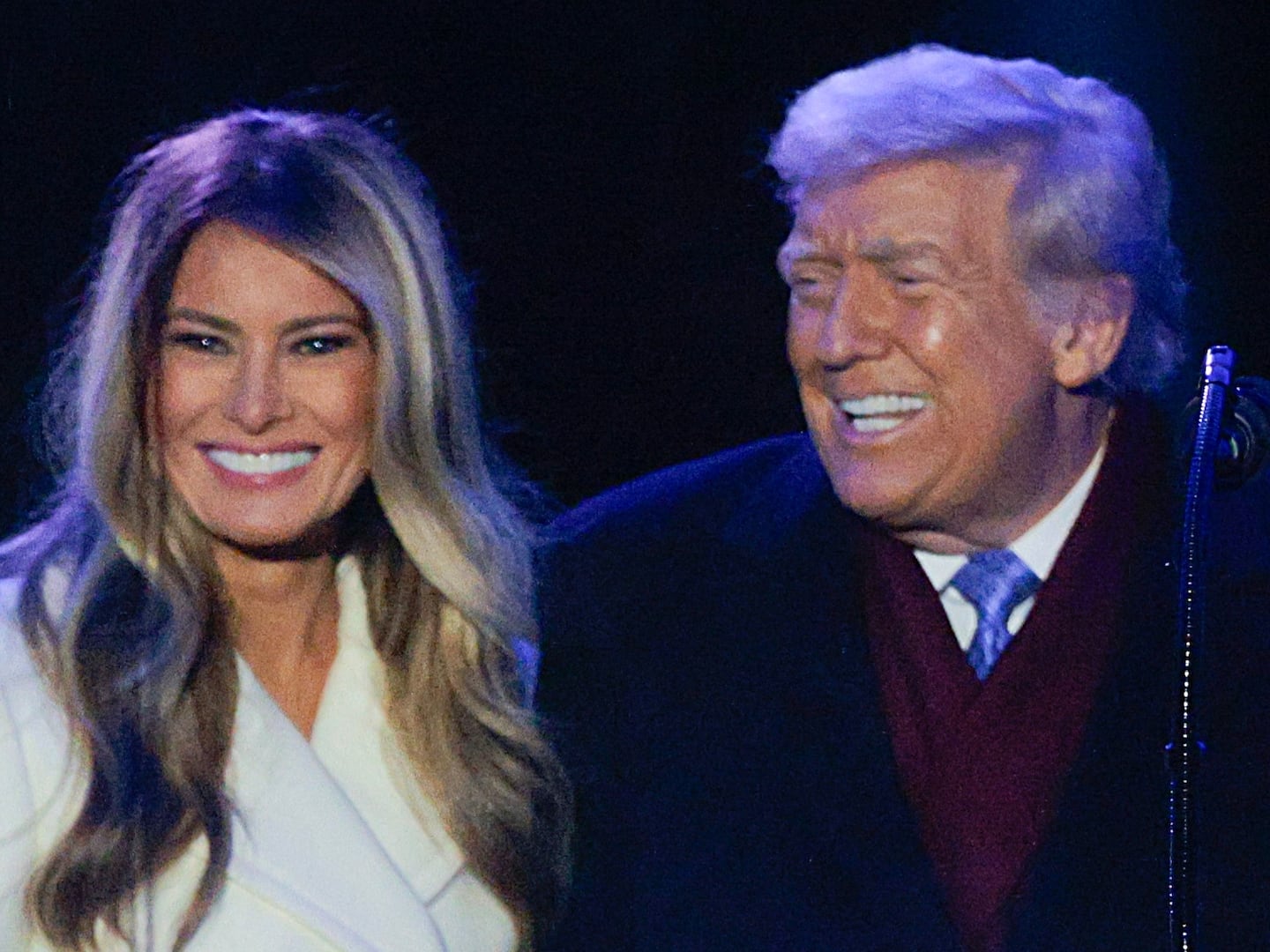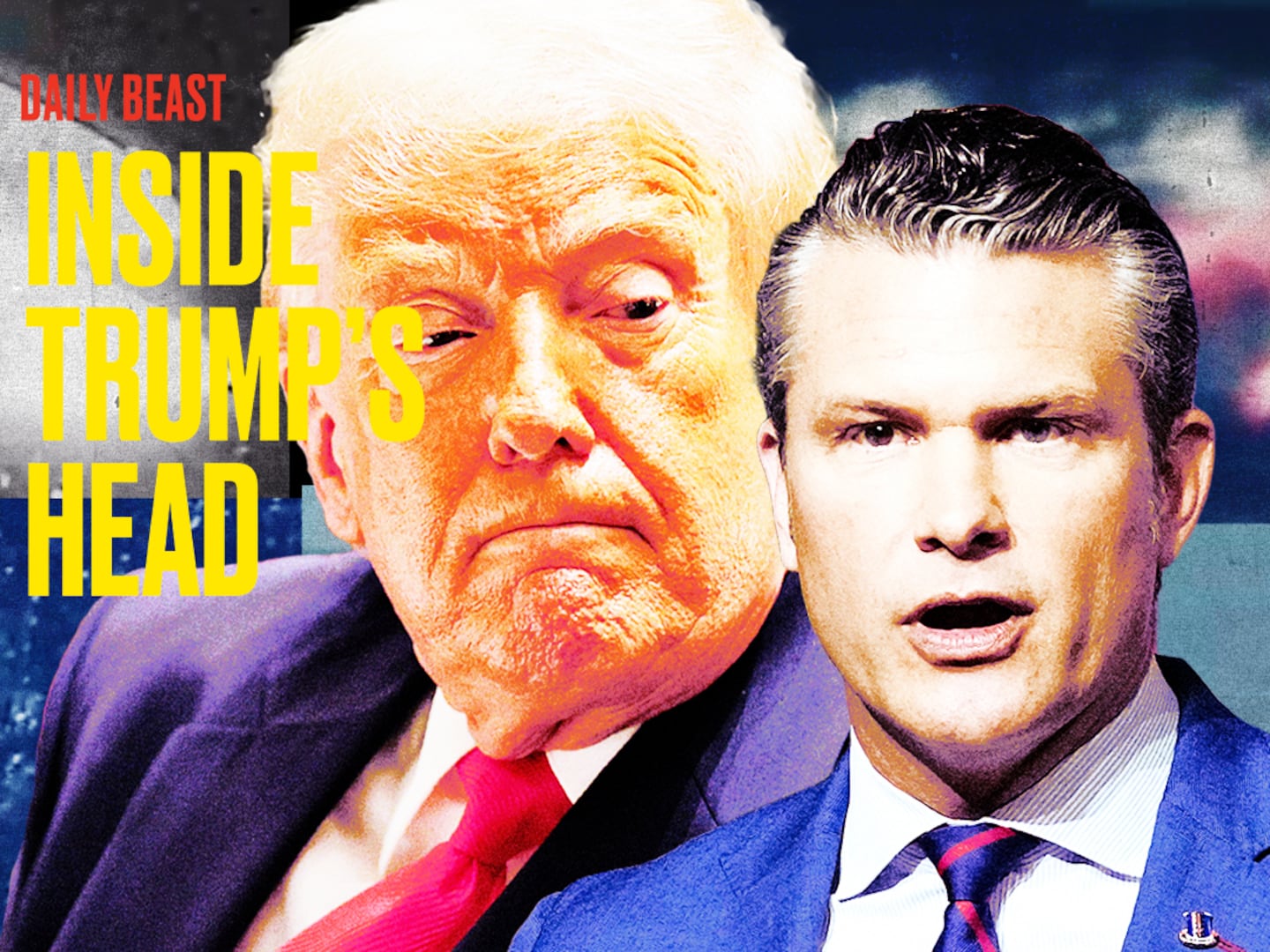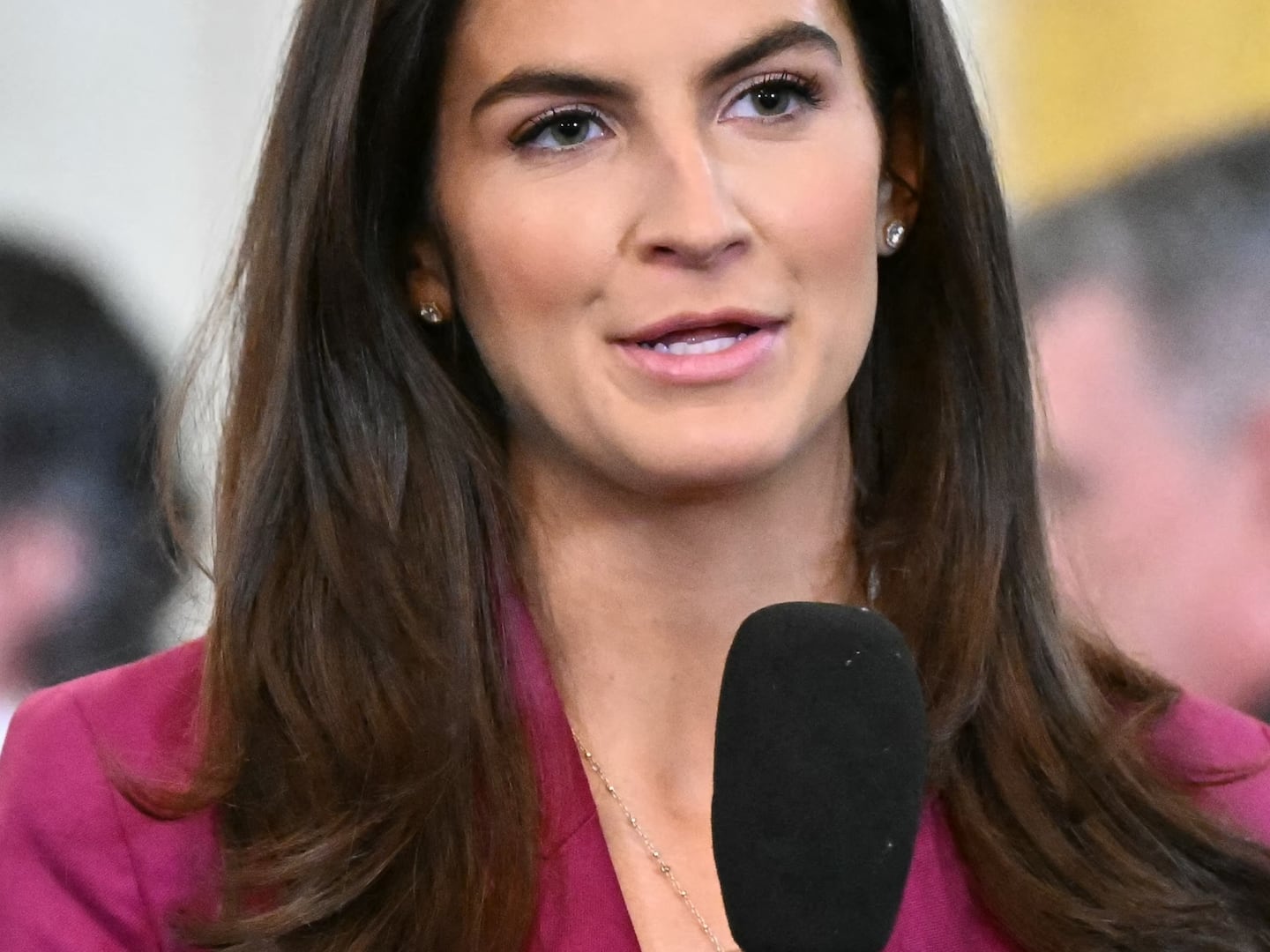Supreme Court Justice Brett Kavanaugh launched a series of pointed questions at a Trump administration lawyer about the president’s plan to end birthright citizenship.
The shockingly blunt approach during oral arguments Thursday signaled an apparent opposition to the administration’s arguments.
The Trump-appointed jurist asked Trump’s Solicitor General John Sauer to provide details on any procedures that hospitals and states would have to follow under the order, which would end birthright citizenship but offers little guidance for how to carry out a new system.
“This is just a very practical question: How is this going to work?” Kavanaugh began. “What do hospitals do with a newborn? What do states do with a newborn?”
Sauer replied, “I don’t think they do anything different.”
“What the executive order says in Section 2 is that federal officials do not accept documents that have the wrong designation of citizenship from people who are subject to the executive order,” said Sauer, who in 2024 defended Trump in his presidential immunity case before the same court.
Kavanaugh pressed: “How are they going to know that?”
“The states can continue to—the federal officials will have to figure that out,” Sauer replied.
“How?” Kavanaugh responded.
“So, you can imagine a number of ways that the federal officials could—” Sauer said, prompting Kavanaugh’s patience to wear thin.
“Such as?” he inquired.
“Such as, they could require a showing of, you know, documentation showing legal presence in the country,” Sauer said. “For a temporary visitor, for example, they could see whether they’re on a B-1 visa, which would exclude kind of the birthright citizenship in that context.”
Kavanaugh still appeared unsatisfied.
“For all the newborns?” he wondered. “Is that how that’s going to work?”
“Again, we don’t know because the agencies were never given the opportunity to formulate the guidance,” Sauer said.

Kavanaugh interjected again, asking whether a thirty-day window is sufficient for them to “get it together.”
Sauer replied, “That’s what the executive order instructs them to do. And hopefully they will do so. Again, it’s a speculative and hypothetical scenario, because they were enjoined from even starting that process.”
This wasn’t the only time during Thursday’s argument when Sauer had a tense interaction with a Trump-appointed justice.
Amy Coney Barrett confronted Sauer after he gave what she deemed an insufficient answer to Justice Elena Kagan.
“Sir, are you really going to answer Justice Kagan by saying there’s no way to do this expeditiously?” she said.
Thursday’s case relates to the legality of lower courts’ injunctions against the Trump administration rather than the constitutionality of birthright citizenship itself. But if the court opts to overturn the injunctions, then Trump’s executive order ending birthright citizenship will take effect until challenged.








